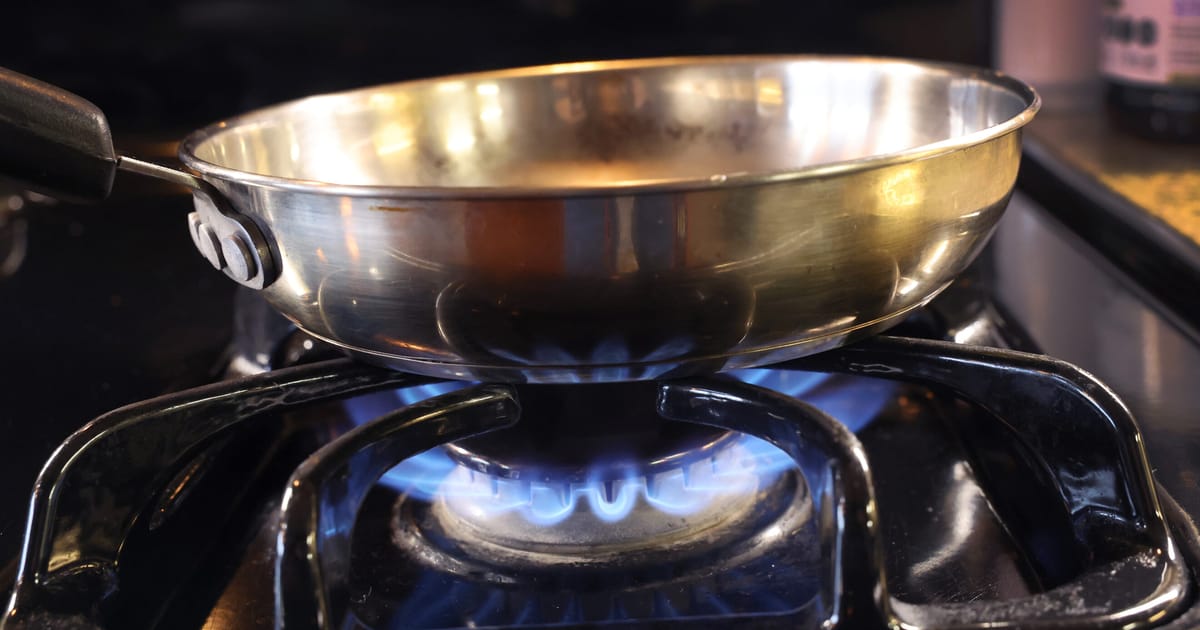The French National Assembly on Thursday unanimously adopted a bill aimed at restricting the manufacture and sale of products containing per- and polyfluoroalkyl substances — also known as PFAS or “forever chemicals.” The MPs, backed by the government, voted to exclude kitchen utensils from the scope of the text.
Thanks to an intense lobbying push, manufacturers of frying pans and saucepans — including the SEB group, which owns Tefal — are exempt from this ban under the proposed law penned by French Green MPs.
Majority groups initially tried to delay the ban on kitchen utensils until 2030 — a timetable refused by the French Green MPs who instead suggested an exemption until 2026.



Probably not, I’m guessing it’s a ceramic coating similar to GreenPan (https://www.greenpan.us/pages/faqs-is-greenpan-cookware-healthy-to-use)
Note: I admittedly do not know enough about ceramic coatings to be able to say if they’re any better, but generally speaking they’re typically free from PFAS/PFOA/plastics
The secret of these coatings, which is deeply buried and requires some research, is their “sol-gel” structure.
Basically they are like a sintered bronze “oilite” bushing, where oil is stored in the pores between the bronze to lubricate the surface.
In this case the oil is silicone oil, and while it performs amazingly and is totally inert and harmless it sets a lifespan for the pan. Once the oil is depleted, the pan is worthless.
I’ve gone back almost entirely to cast iron and stainless steel, though I do have one Greenpan that I save for scrambled eggs and similar.
Could you not re-oil the pan like you do with steel and iron pans?
Unfortunately not as the oil is impregnated into very small pores during manufacturing. This is the “sol-gel” part of the process, a way of creating a solid and liquid in very close contact.
The oil is effectively bonded to the surface creating a “permanent oil film” which is why it works so well. You can think of the long tails of the silicone molecules being trapped in the pores.
However once they escape there’s no putting them back. Seasoning cast iron is a totally different process involving polymerizing light oils into a solid coating.
Ceramic is just a buzzword these days. Look at ceramic coating on cars, as on example.
Actual truly ceramic coatings are leagues better than teflon. They just nonstick a little worse and get stickier with abuse, instead of flaking off
Doubt the manufacturer’s website is trustworthy
“Squishy” claims like “healthy” or “better” are always iffy, but objective testable claims like PFAS-free are generally pretty trustworthy, as they can be easily disproven and open the company up to significant liability.
Sure they could be leaving out a million bad things that ARE in it, but the person I was replying to was specifically taking about PFAS, which are generally not found in ceramic nonstick coatings.